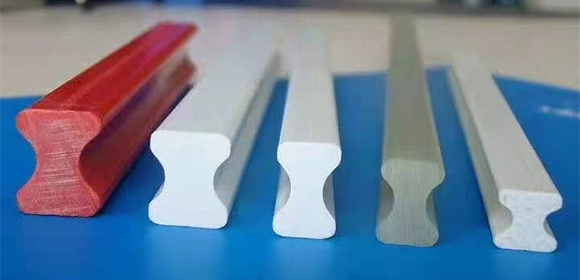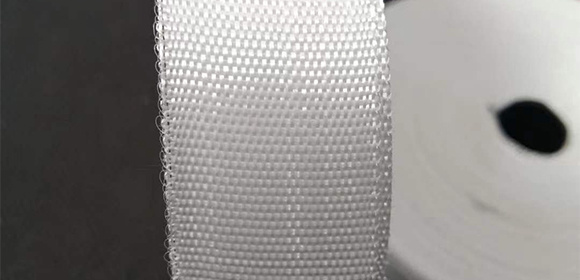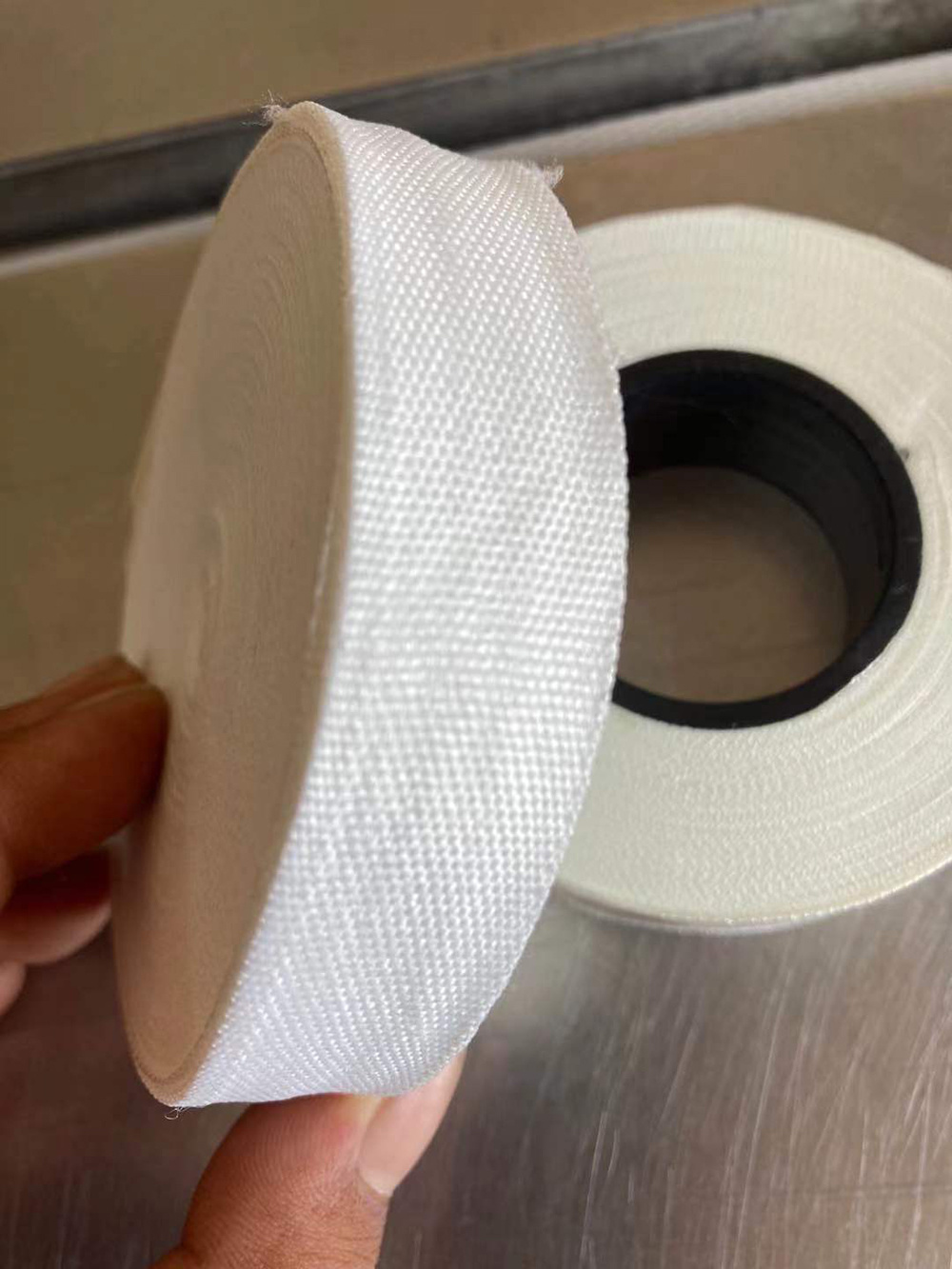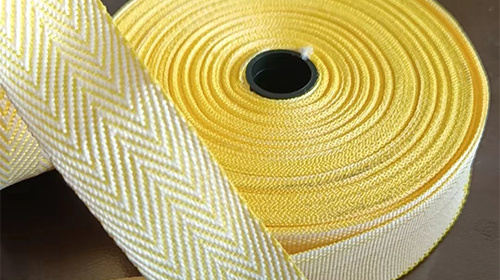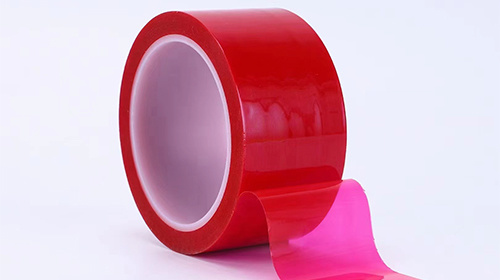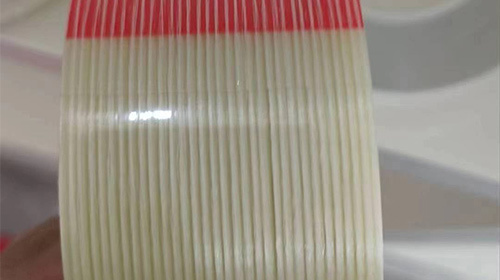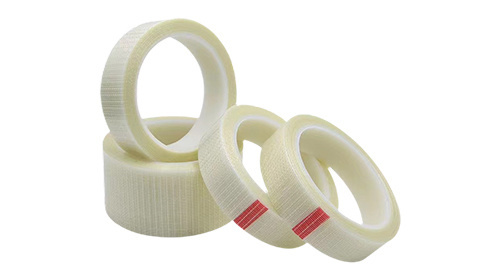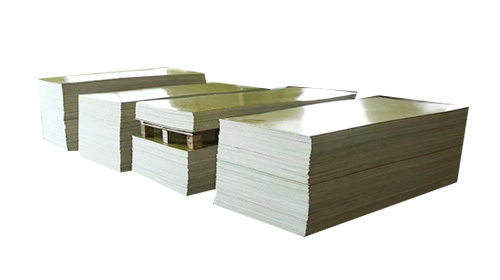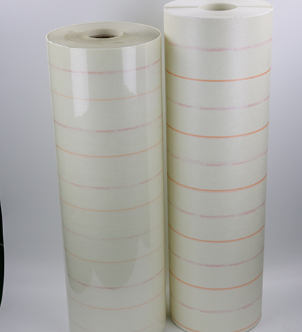Understanding the Benefits and Applications of Fiberglass Tape in Electrical Insulation
Fiberglass tape is an increasingly popular choice in the electrical insulation sector, known for its durability, heat resistance, and versatility. This specialized tape is woven from fine strands of fiberglass, providing a robust solution for various insulation needs. One of the primary advantages of fiberglass tape is its excellent electrical insulating properties, making it ideal for application
Fiberglass tape is an increasingly popular choice in the electrical insulation sector, known for its durability, heat resistance, and versatility. This specialized tape is woven from fine strands of fiberglass, providing a robust solution for various insulation needs. One of the primary advantages of fiberglass tape is its excellent electrical insulating properties, making it ideal for applications where electrical safety is paramount.
One of the distinctive features of fiberglass tape is its ability to withstand high temperatures. It is often utilized in environments that experience extreme heat, as it can maintain its integrity even under significant thermal stress. This characteristic is crucial for electrical applications, where overheating can lead to insulation failure and potential hazards. In addition to its thermal resistance, fiberglass tape is also resistant to moisture, chemicals, and UV radiation, further extending its lifespan and reliability in diverse environments.
When it comes to application, fiberglass tape is frequently used for wrapping wires, insulating electrical components, and providing additional protection to electrical connections. Its flexibility allows it to conform to various shapes and sizes, ensuring a snug fit around wires and connectors. This not only enhances the effectiveness of the insulation but also prevents mechanical damage that could compromise the electrical system.
Another important aspect to consider is the ease of application. Fiberglass tape can be easily cut and applied, making it a convenient choice for electricians and technicians. Its adhesive backing ensures a secure bond, eliminating the need for additional adhesives or fasteners. This streamlined application process can lead to significant time savings, especially in large-scale projects where efficiency is crucial.
Moreover, fiberglass tape is often used in conjunction with other insulating materials to create multi-layered insulation systems. This layered approach enhances overall performance, providing superior protection against electrical shock and short circuits. Different thicknesses and widths of fiberglass tape are available, allowing for customization based on specific project requirements.
In summary, fiberglass tape is a vital material in the electrical insulation industry, offering numerous benefits such as heat resistance, moisture protection, and ease of application. Its versatility makes it suitable for a wide range of electrical applications, ensuring safety and reliability. Whether you're an electrician working on residential wiring or involved in large industrial electrical systems, understanding the properties and advantages of fiberglass tape can significantly enhance your insulation strategies and contribute to overall project success.
One of the distinctive features of fiberglass tape is its ability to withstand high temperatures. It is often utilized in environments that experience extreme heat, as it can maintain its integrity even under significant thermal stress. This characteristic is crucial for electrical applications, where overheating can lead to insulation failure and potential hazards. In addition to its thermal resistance, fiberglass tape is also resistant to moisture, chemicals, and UV radiation, further extending its lifespan and reliability in diverse environments.
When it comes to application, fiberglass tape is frequently used for wrapping wires, insulating electrical components, and providing additional protection to electrical connections. Its flexibility allows it to conform to various shapes and sizes, ensuring a snug fit around wires and connectors. This not only enhances the effectiveness of the insulation but also prevents mechanical damage that could compromise the electrical system.
Another important aspect to consider is the ease of application. Fiberglass tape can be easily cut and applied, making it a convenient choice for electricians and technicians. Its adhesive backing ensures a secure bond, eliminating the need for additional adhesives or fasteners. This streamlined application process can lead to significant time savings, especially in large-scale projects where efficiency is crucial.
Moreover, fiberglass tape is often used in conjunction with other insulating materials to create multi-layered insulation systems. This layered approach enhances overall performance, providing superior protection against electrical shock and short circuits. Different thicknesses and widths of fiberglass tape are available, allowing for customization based on specific project requirements.
In summary, fiberglass tape is a vital material in the electrical insulation industry, offering numerous benefits such as heat resistance, moisture protection, and ease of application. Its versatility makes it suitable for a wide range of electrical applications, ensuring safety and reliability. Whether you're an electrician working on residential wiring or involved in large industrial electrical systems, understanding the properties and advantages of fiberglass tape can significantly enhance your insulation strategies and contribute to overall project success.






